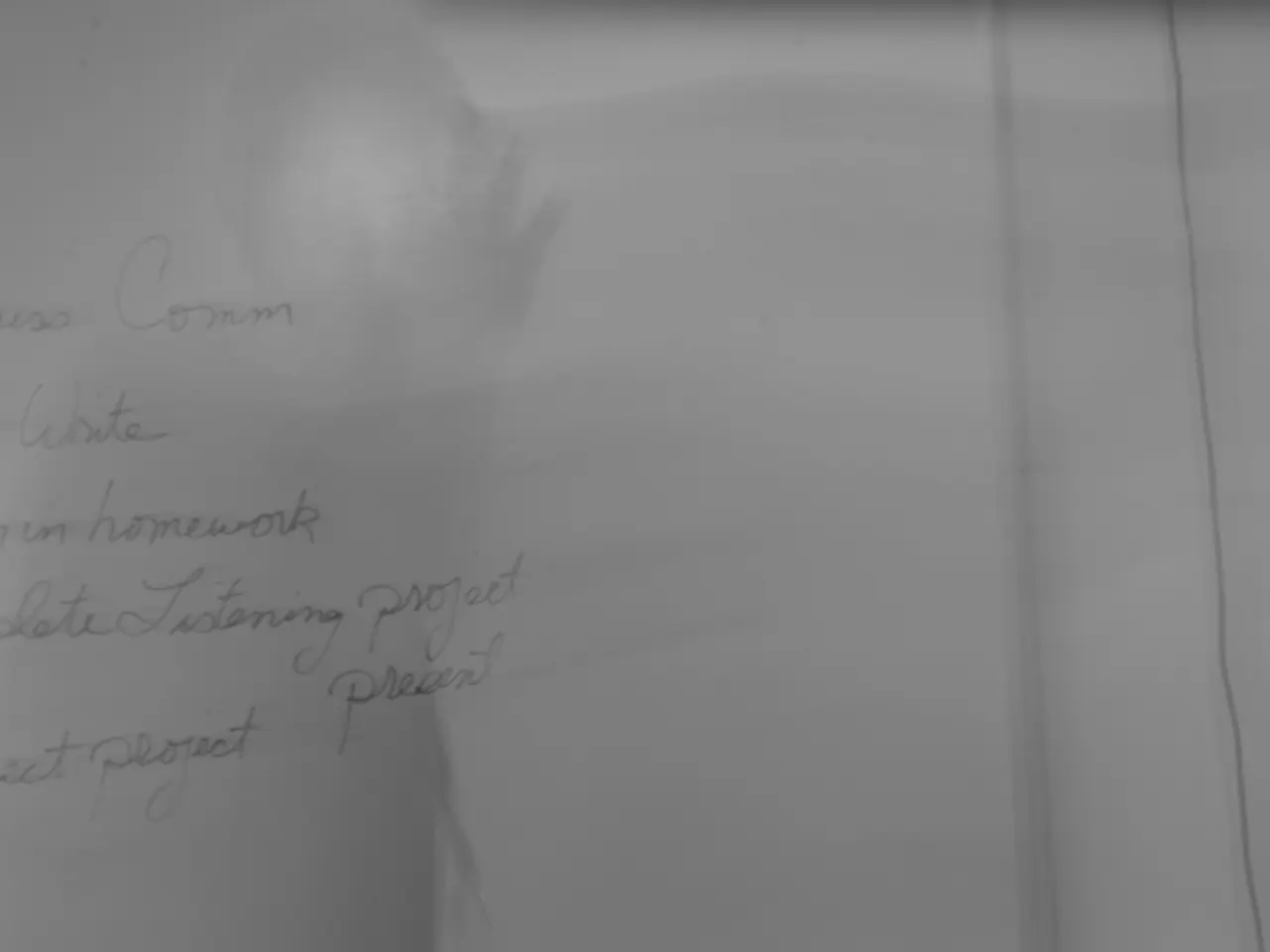Court issues divided decision on foreign companies' tax deadline enforcement
The Supreme Court of India has delivered a split verdict on a significant tax dispute case involving foreign company Shelf Drilling Ron Tappmeyer Ltd., with Justices BV Nagarathna and Satish Chandra Sharma offering contrasting interpretations of the Income Tax Act, 1961.
In the case of Assistant Commissioner of Income Tax Vs Shelf Drilling Ron Tappmeyer Ltd., the court was tasked with determining whether the time spent in the Dispute Resolution Panel (DRP) process under Section 144C of the Act should be included within or excluded from the limitation period under Section 153 of the Act.
Justice BV Nagarathna, in her view, argued that the entire DRP procedure must be completed within the overall 12-month limitation period prescribed under Section 153(3) of the Act. Strict adherence to statutory timelines is essential to ensure expeditious resolution, and no final assessment order can be passed if the process exceeds this time limit, with the return filed by the assessee being accepted instead.
On the other hand, Justice Satish Chandra Sharma held that the 12-month limitation period of Section 153(3) applies only to passing the draft assessment order. The DRP process under Section 144C operates in addition to this limitation, essentially extending the timeline. After the draft order, the DRP is given an independent timeline (up to 11 months) to finalize issues, with the final assessment order to be passed within one month thereafter. This approach allows extra time for complex assessments, particularly involving foreign companies and transfer pricing disputes.
Since there was no majority decision, the matter was referred to the Chief Justice of India for constitution of a larger bench to provide a decisive ruling on this question.
In summary:
| Justice BV Nagarathna | Justice Satish Chandra Sharma | |-----------------------------------------------|--------------------------------------------------| | DRP process time must be subsumed within the 12-month Section 153(3) period | DRP process timeline runs independently and extends beyond Section 153(3) period | | Strict adherence to statutory deadline and no final assessment beyond 12 months | Assessment time limit extended to accommodate DRP process for complex cases | | Return accepted if assessment not completed in time | Extra time granted for foreign company/transfer pricing assessments |
Justice Sharma's analysis of the non-obstante clauses in sub-sections (4) and (13) of Section 144C concluded these provisions explicitly override Section 153's timeline restrictions for final assessment completion, allowing up to 11 additional months beyond Section 153(3)'s 12-month limit for completing assessments involving DRP proceedings.
Meanwhile, the non-obstante clause in sub-section (1) of Section 144C is not related to the overall limitation period prescribed under Section 153 of the Act but with the aspect of there being a distinct procedure for eligible assessees.
The timelines prescribed under Section 153 will be applicable until the draft assessment order under Section 144C(1). Once the procedure under Section 144C(1) gets triggered, Section 144C's internal timelines operate independently.
Justice Nagarathna's judgment prioritizes strict adherence to statutory timelines as intended by successive parliamentary amendments.
The revenue authorities, represented by Additional Solicitor General N Venkatraman, Senior Advocate Swarupama Chaturvedi, and others, argued against the respondents, who were represented by Senior Advocate JD Mistry, advocates Rubal Bansal Maini, Prakhar Pandey, Satvik Sareen, and others.
The dispute originated from Shelf Drilling Ron Tappmeyer Ltd., a foreign company engaged in offshore drilling operations. The respondents challenged the proceedings as time-barred under Section 153(3) limitations after the revenue authorities issued a fresh draft assessment order on September 28, 2021.
Justice Sharma's judgment establishes that Section 144C creates a distinct assessment procedure for eligible assessees, separate from ordinary assessment mechanisms under Sections 143 and 144.
Due to the divergent opinions, the matter will now be heard by a larger bench for final resolution.
The dispute between Shelf Drilling Ron Tappmeyer Ltd. and the revenue authorities revolves around business matters and finance, specifically the deadline for tax assessments under Indian law. Justice BV Nagarathna argues for strict adherence to the 12-month limitation period under Section 153 of the Income Tax Act, 1961, while Justice Satish Chandra Sharma contends that the DRP process under Section 144C extends this timeline for complex cases, particularly foreign companies and transfer pricing disputes.




